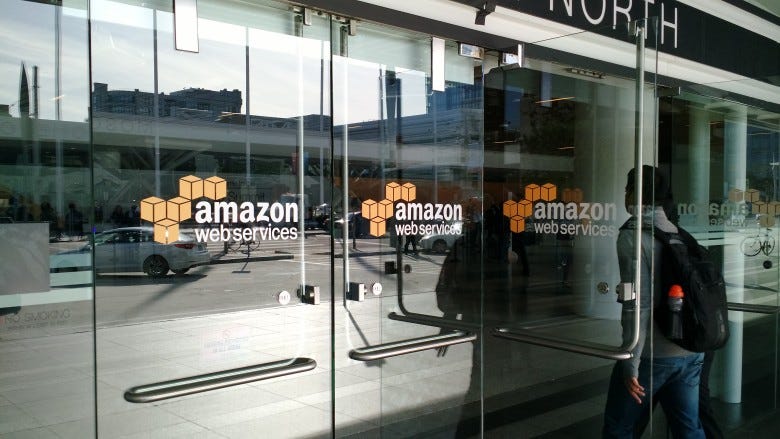All 34 of the biggest US banks can return capital to shareholders after the Federal Reserve judged that they had enough capital, with Capital One in fact receiving only conditional approval and being told to resubmit its capital plan. It’s thought that Capital One was paying insufficient attention to potential risks in its credit card business. “Lofty payouts once made banks hot stocks before the financial crisis exposed many of them as too thinly capitalized,” according to Bloomberg. “The companies’ plans unveiled on Wednesday show how they’re trying to generate investor interest — even as many still struggle to meet profitability targets and a few languish below book value.” The Bloomberg story quoted analyst Ian Katz of Capital Alpha Partners saying the results would put a fair wind at the back of those who want to deregulate the banks. However, one stress test does not a summer make — and it’s already likely that these will be the last stress tests for a while, with Treasury Secretary Steven Mnuchin planning to extend the times between tests or do away with them altogether.
These days financial businesses have to keep an eye on some unusual competitors, such as Amazon, which has its own separate payments business and is on the way to building a global network. Walmart, America’s biggest bricks-and-mortar retailer, is reeling from Amazon’s acquisition of the upscale Whole Foods chain, and recently advised its suppliers against using the cloud services of Amazon Web Services. But now the battle has escalated with word that Walmart instructed its truckers not to carry Amazon goods. On the face of it, this is an anti-competitive move that must challenge antitrust laws as Walmart and Amazon are among the biggest users of American haulage businesses. In fact, this battle says much about the future of American retail: Walmart relies on low-cost labour while Amazon is increasingly in the robot business. Haulage is a massive US employer, but self-driving trucks are likely to arrive en masse faster than self-driving cars. Meanwhile, love it or loathe it, Amazon is relentlessly innovative, while Walmart has carried on with the same model for years, and like many other retail giants of the last century, is now hitting its limits. As Harvard Business Review notes, the recent takeover of Whole Foods by Amazon means that every other retailer in the US is tearing up its three-year plan and starting fresh.

In a small but fascinating development, BBVA will partner with Alipay to expand acceptance of the Chinese payment system in Spain. Spain is the world’s third-largest tourist destination (behind France and the United States but ahead of China), and although the Chinese are not the largest national cohort of visitors, they do spend more than most. Yesterday we speculated about a Western partner for Alipay. Is BBVA about to adopt Alipay for a Western market and somehow link the systems together? Once Western shoppers get used to seeing QR codes used for mobile payments, they will probably adopt the same system. Westerners are already familiar with using QR codes for boarding planes, for instance. So, who’s going to make QR codes popular in the West?
Biznews.com reports on the latest Lafferty Global Bank Quality Benchmarking Study and its conclusion that South Africa has the best quality banks, with Capitec taking top spot and the only five-star ranking, just as it achieved two years ago. Interviewing Michael Lafferty, biznews.com had to ask why Lafferty rates South African banks so highly when the international credit ratings agencies have recently downgraded the Sovereign. “Firstly, what we are doing has nothing to do with credit ratings,” said Michael Lafferty. “The credit ratings agencies live in a different world. They’ve had their challenges over the last 20 years with some of their practices. Back to South Africa though: the Sovereign has been downgraded but we cannot really see a direct correlation between the rating of the Sovereign and the rating of the bank. In fact, if you look at British banks that fail and European banks that are in crisis, all of them had state guarantees behind them but they still failed.” Listen to the interview here on Soundcloud.
Western Union has been calibrating appearances at the Money2020 conference in Copenhagen to unveil tech platforms, and this year used the event to launch WU Global Pay: aimed at payments for students studying abroad. “‘This release of WU GlobalPay for Students is a real testament [to] WU’s capabilities and shifting orientation as a fintech organisation,’ said Kerry Agiasotis, chief payments officer at Western Union, at the Money 20/20 conference held in Copenhagen,” according to pymnts.com. “Staying focused on the needs of both our Education Institution customers and their international students, the product has been revamped to take advantage of substantial investments WU has made in new technologies.” Of course, Western Union will realise that this type of mobile-first service with real-time tracking (already common in delivery services, for instance) will appeal to the next generation, and help persuade observers and investors that the 150-year old business really is a fintech organisation.








